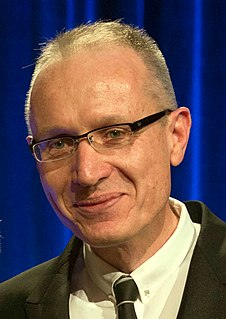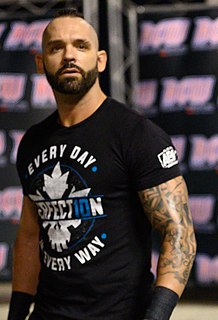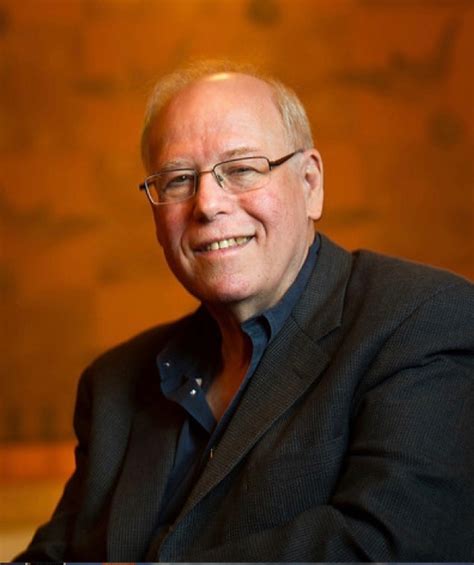A Quote by John Logan
By the time I wrote 'Any Given Sunday' or 'Bats,' I sort of knew what my job was in terms of what a writer of dialogue does.
Related Quotes
When I wrote my first film and then directed it and I looked at it for the first time on what's called an assembly, you look at this movie which is every scene you wrote, every line of dialogue you wrote and you want to kill yourself the minute you see it. It's like, 'How did I write something so horrible?'




































